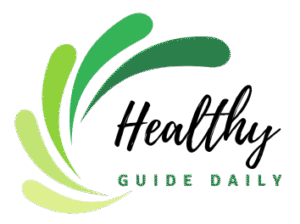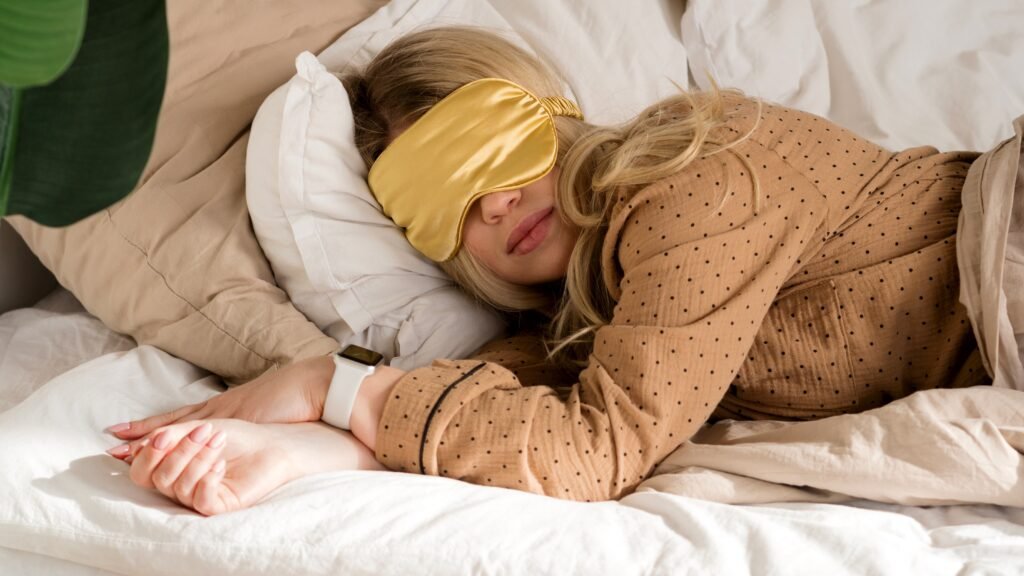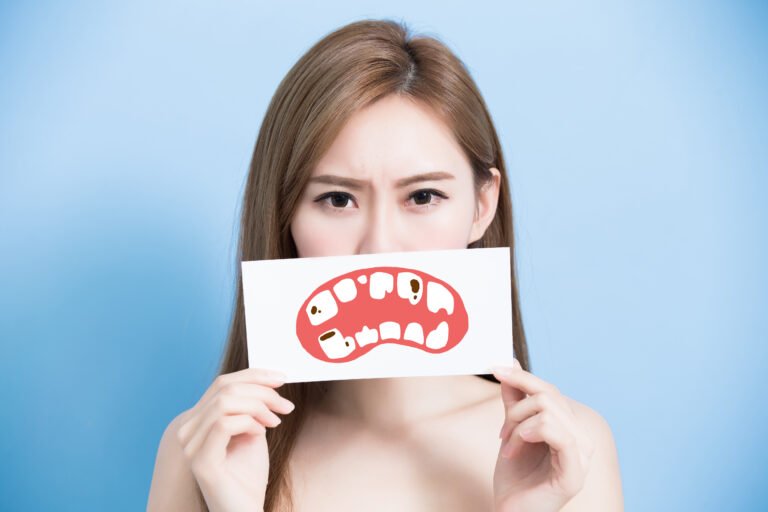A single night of blissful sleep—after years of tossing, turning, and relentless exhaustion—can feel like a miracle, especially when the answer isn’t what anyone expects.
Story Snapshot
- The sleep industry is exploding, fueled by desperate insomniacs and bold new solutions
- Traditional advice often fails, while high-tech and holistic options surge in popularity
- Hotels and wellness brands are monetizing “sleep tourism” as a luxury experience
- Experts warn against quick fixes and urge a personalized, evidence-based approach
The High Cost of Sleepless Nights
Every year, millions confront the invisible torture of insomnia—days blurred by brain fog, nights stretched thin with anxiety, and remedies that promise everything but deliver nothing. For the chronically sleep-deprived, the search for relief becomes a second job. The world has noticed. Not only do sleep disorders now rank as a major public health crisis, but they have also sparked a seismic shift in global wellness priorities. The “sleep economy” is projected to reach a staggering $585 billion in 2024, a number that underscores both the scale of the problem and the insatiable demand for solutions[4].
Conventional fixes—herbal teas, blackout curtains, white noise—once felt like the only options. But for many, these are as useless as counting sheep. Pharmaceutical interventions, while sometimes effective, often come with lingering side effects or the risk of dependency. Through this fog of frustration, the market for new answers has erupted. Enter the era of sleep tech, holistic retreats, and AI-powered diagnostics, each promising a new dawn for the sleepless masses.
Watch: Can AI Cure Insomnia?
The Dawn of Sleep Innovation
The last five years have seen the sleep industry transform from an afterthought into a battleground for tech giants, hospitality titans, and wellness visionaries. The COVID-19 pandemic intensified sleep issues while accelerating the adoption of digital health tools. Smart mattresses, biometric sleep trackers, and personalized coaching apps are now mainstream, aiming to decode the mysteries of individual sleep patterns and nudge users toward better habits.
Lifestyle brands and five-star hotels have also seized the moment, introducing “sleep tourism” as the latest luxury. Picture suites kitted out with circadian lighting, AI-curated white noise, and consultations with sleep specialists. In 2024, over 90% of frequent travelers reported a willingness to pay extra for such accommodations, cementing sleep as both a commodity and a status symbol[1].
Research reveals the key to great sleep was hiding inside your own body all along.
No pills, no fancy devices — just your human self.
Scientists have discovered that gently stimulating a single nerve can quiet the stress response that keeps millions locked in restless nights.… pic.twitter.com/kEr9xOw9wK
— Epoch Health (@epochhealth) October 21, 2025
Stakeholders and the Race for Rest
Behind the scenes, a diverse cast of characters shapes the sleep revolution. Sleep tech companies race to innovate, hoping to capture the loyalty of customers who are tired—literally—of empty promises. Pharmaceutical firms push for more effective and safer sleep aids, while healthcare providers navigate the delicate balance between evidence-based therapy and commercial quick fixes.
Hotels and wellness resorts find lucrative new revenue streams by selling the promise of perfect rest. Meanwhile, regulators stand guard, scrutinizing product claims to protect vulnerable consumers. The power dynamics are shifting: consumers, newly educated and emboldened, increasingly demand personalized, holistic solutions that fit their lifestyles and values[1].
The Road Ahead: Hope, Hype, and Hard Truths
While technology can help, it cannot replace behavioral change or address the societal pressures that undermine sleep in the first place. There is real risk that premium solutions—retreats, smart beds, tailored therapies—may remain out of reach for many, deepening inequities even as the industry booms. Still, the promise is clear: for those who finally discover what works, the transformation is profound. Chronic insomnia becomes a cautionary tale, not a life sentence. And the quest for rest, far from over, becomes a journey worth taking—one night at a time.
Sources:
Global Wellness Institute (2025 Sleep Trends)
Global Market Insights (Sleep Disorder Market)
Straits Research (Global Sleep Market)
Market.us Media (Sleeping Statistics)







